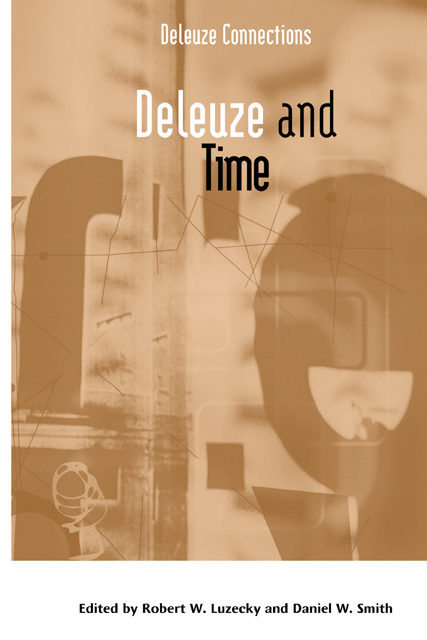8 - Kill Metaphor: Kafka’s Becoming-Animal and the Deterritorialisation of Language as a Rejection of Stasis
Published online by Cambridge University Press: 13 April 2023
Summary
Introduction to Metaphor: The Death of the Literary Work
To assign a metaphorical meaning to a work of literature is a matter of arrogance. One has the gall to read a literary work of art and then declare that the author did not mean what they have written, as it was written. Rather, one declares, the author meant something else entirely. Of course, authors have written metaphorical works and done so meticulously, in order to make some point that they felt might be better expressed in symbol rather than literally. The metaphor is intended to add something to the work – to express something that either can’t be expressed or is less effectively expressed literally. We’re all familiar with metaphorical works that, if written without the metaphor, would be reduced to triviality. The metaphor works to draw out a thesis over the course of hundreds of pages that enforce the thesis by providing a narrative – and narrative appeals to us.
Kafka does not write such metaphors. Gregor Samsa is not metaphorically a bug in the Metamorphosis; he’s very much a vermin, and the fact that he is so isn’t a metaphor either. Kafka does not use language to accomplish some task external to the text and only accomplished through a procedural encounter with it. This mechanical concept of the function of literature is dead. The ontology of the work of art as a living thing, as described by the early phenomenologist Roman Ingarden, supports the becoming-animal of the work of art for Deleuze and Guattari (to be discussed in the final section of this paper). The death of the work of art results from our rendering it ontologically static and axiologically neutral – something that no longer speaks to us, because it is no longer open to alteration through the living symbolic relation between text and interpretation. To quote Daniel W. Smith, ‘A philosophical concept is not a metaphor but a metamorphosis’ (2019: 61).
Part of the fault rests in our concept of reference – that is, the concept of reference as a relation between two discrete entities, a word and a thing, one of which symbolises the other. (This definition, which I in no way endorse, renders all language symbolic, and only emboldens the sophists.
- Type
- Chapter
- Information
- Deleuze and Time , pp. 161 - 178Publisher: Edinburgh University PressFirst published in: 2023



